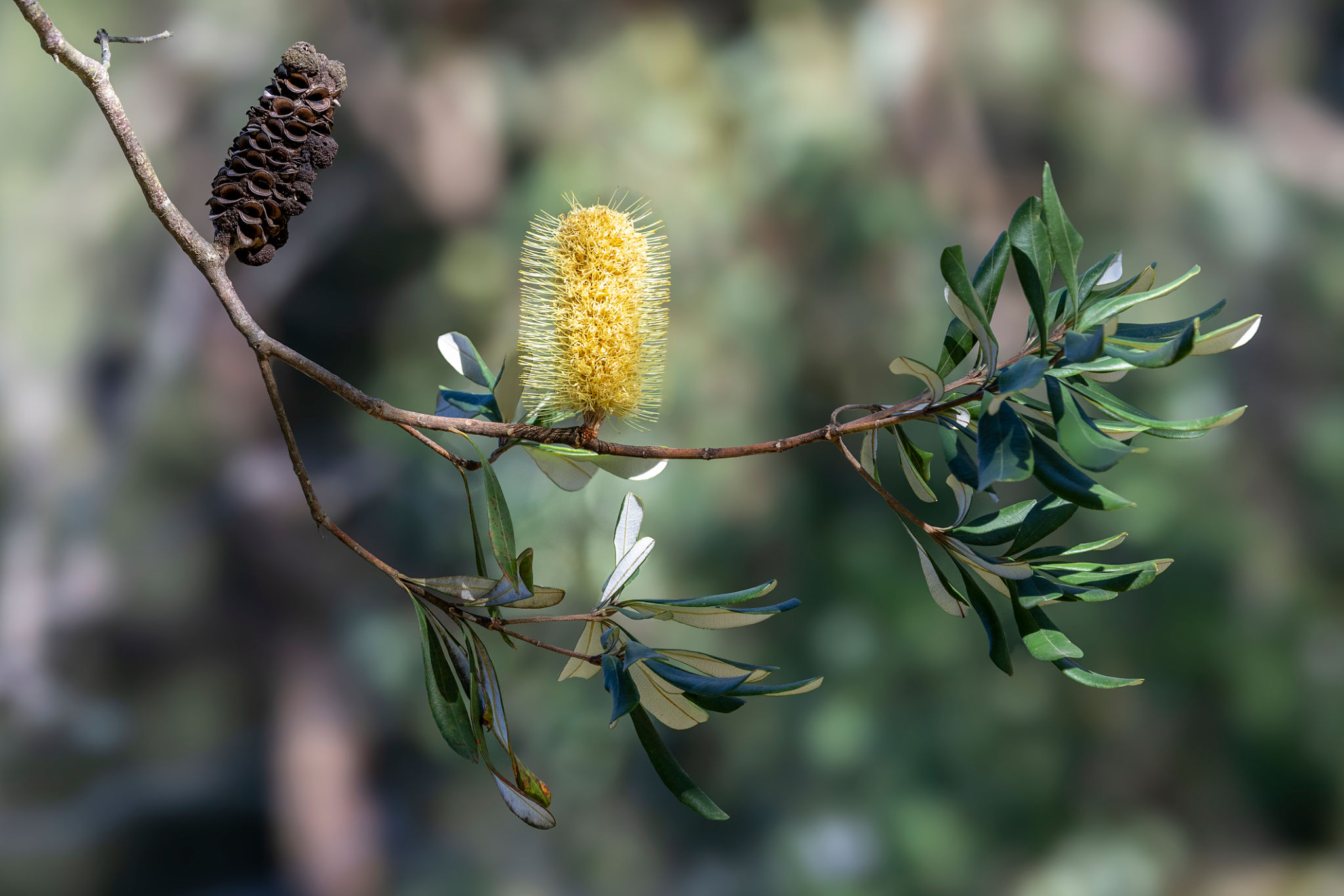Eco-Friendly Lawn Care Solutions: A Greener Approach to Landscaping in Ontario
Introduction to Eco-Friendly Lawn Care
As environmental awareness continues to grow, homeowners in Ontario are increasingly seeking out eco-friendly lawn care solutions. Traditional lawn care methods often rely on chemicals and practices that can harm the environment. Fortunately, there are many sustainable alternatives that can help you maintain a lush, green lawn while minimizing your ecological footprint.

Benefits of Sustainable Landscaping
Eco-friendly lawn care offers numerous advantages beyond environmental protection. By reducing chemical usage, you can create a safer outdoor space for children and pets. Additionally, sustainable practices can enhance soil health and biodiversity, leading to a more resilient lawn that is better equipped to withstand pests and diseases.
Another significant benefit is cost savings. By implementing water-efficient practices and reducing reliance on synthetic fertilizers, you can lower your lawn maintenance expenses over time. These cost-effective strategies not only help the environment but also support your budget.
Natural Lawn Care Practices
To create an eco-friendly lawn, it's important to focus on natural lawn care practices. Begin by selecting native plant species that are well-suited to Ontario's climate. Native plants typically require less water and maintenance, reducing the need for artificial inputs.
Regularly aerating your soil can also promote healthy grass growth. Aeration allows air, water, and nutrients to penetrate the soil more effectively, enhancing root development and overall lawn health. Additionally, consider mowing your lawn at a higher setting to encourage deeper root systems and reduce water evaporation.

Composting and Mulching
Composting is an excellent way to recycle organic waste into nutrient-rich soil amendments. By composting yard waste and kitchen scraps, you can reduce landfill contributions while enriching your lawn's soil naturally. Apply compost as a top dressing to improve soil structure and nutrient content.
Mulching is another beneficial practice. By spreading organic mulch around plants and trees, you can conserve moisture, suppress weeds, and regulate soil temperature. Choose biodegradable mulches like wood chips or straw for the most environmentally-friendly results.

Water Conservation Techniques
Water conservation is a crucial aspect of eco-friendly lawn care. Implementing water-efficient practices not only conserves this precious resource but also reduces your utility bills. Consider installing a rainwater harvesting system to collect and store rainwater for irrigation purposes.
In addition, using drip irrigation systems or soaker hoses can deliver water directly to the roots of your plants, minimizing evaporation and runoff. Watering early in the morning or late in the evening further enhances efficiency by reducing water loss to evaporation.
Integrated Pest Management
Integrated Pest Management (IPM) offers an environmentally sensitive approach to pest control. Instead of relying on chemical pesticides, IPM focuses on preventing pest problems through cultural, biological, and mechanical controls. Encourage beneficial insects like ladybugs and lacewings to naturally manage pest populations.
If necessary, use organic or least-toxic pesticide options as a last resort. Always follow label instructions carefully to minimize any negative impact on the environment.

Conclusion: Embracing a Greener Lawn
Transitioning to eco-friendly lawn care solutions in Ontario is a rewarding endeavor that benefits both your landscape and the planet. By adopting sustainable practices such as composting, mulching, water conservation, and integrated pest management, you can enjoy a vibrant lawn while contributing to a healthier environment.
Remember, every small change counts. As more homeowners embrace green landscaping practices, we move closer to a sustainable future where natural beauty and environmental stewardship go hand in hand.